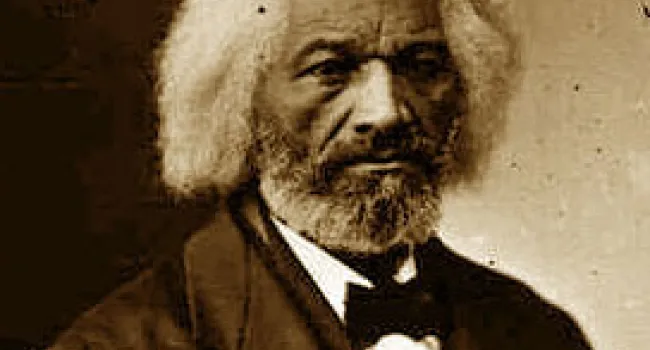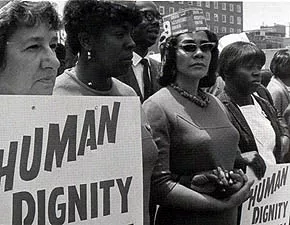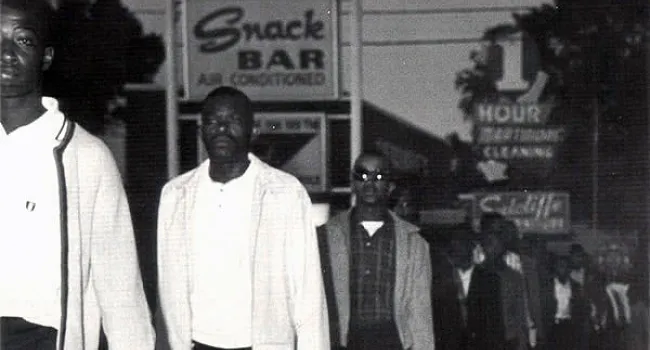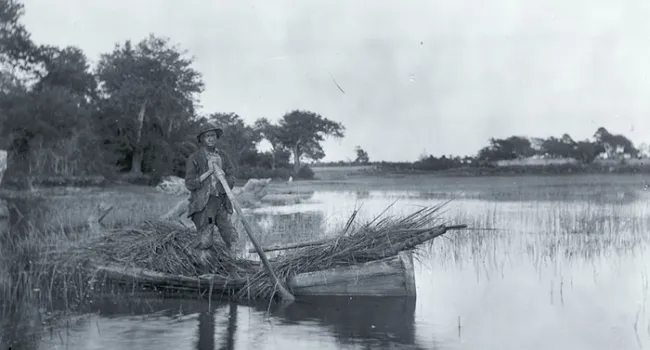
Photo
February 14, 1818: Birth of Frederick Douglass, former slave and speechwriter who called for freedom of all people.
Black History Month is celebrated every February to honor the achievements of African Americans who have shaped American history. Historian Carter G. Woodson hoped to raise awareness of African American's contributions to civilization by establishing Negro History Week. The event was first celebrated during a week in February 1926 that included both Abraham Lincoln and Frederick Douglass' birthdays. The week was later expanded to a month in 1976 during the United States bicentennial.
PHOTO: On March 20, 1969, Black hospital workers at the Medical College of South Carolina in Charleston went on strike to protest the firing of twelve employees and to call for higher wages and union recognition.

Photo
February 14, 1818: Birth of Frederick Douglass, former slave and speechwriter who called for freedom of all people.
Photo
February 12, 1809: Birth of Abraham Lincoln, leader of the Union Army during the Civil War who wanted to end slavery; the 16th President of the United States.
Photo
"Men of scholarship…must show us the right way and lead us into light, which is shining brighter and brighter." - Carter Woodson The association's goal was to study African American history, publish...
Photo
Carter Woodson, a born scholar, went on to work as a teacher and principal at his old high school. He left in 1903 and taught in the Philippines until 1907. During the next few years, he traveled...
Lesson
This lesson can be a component of a year-long project based lesson on civil rights or one part of a single, shorter PBL focusing only the civil rights era after World War II. This particular extension...

Video
History of slavery in urban settings and the tags worn by slaves who were hired to work for the city or for other slave owners in cities like Charleston, Savannah, Mobile, and Norfolk. Laws required...
Lesson
Students will explore information regarding the Orangeburg Massacre and research other Civil Rights Era movements as they focus on the Essential Question. See below.

Video
Sharon Murray talks about her role in teaching the Gullah culture and language at the Boone Hall Plantation. She also shares the history of the Gullah.
Photo
Gullah communities are located where enslaved Africans once lived and worked on Sea Island plantations that were owned by American colonists. Native Americans were also part of these communities. The...
Document
From West Africa During the late 1600s, English settlers in the new colonies needed more workers to farm thousands of acres of land on Sea Island plantations. Although some of the workers were Native...